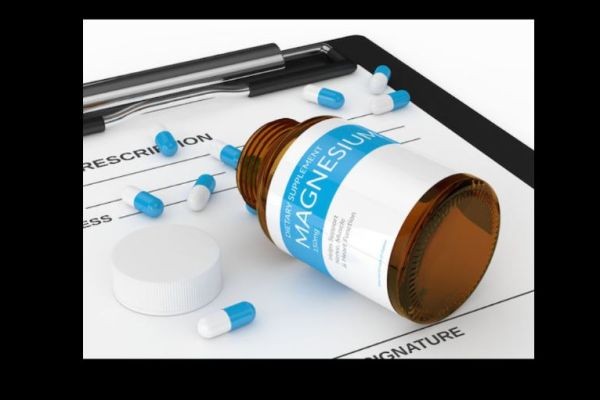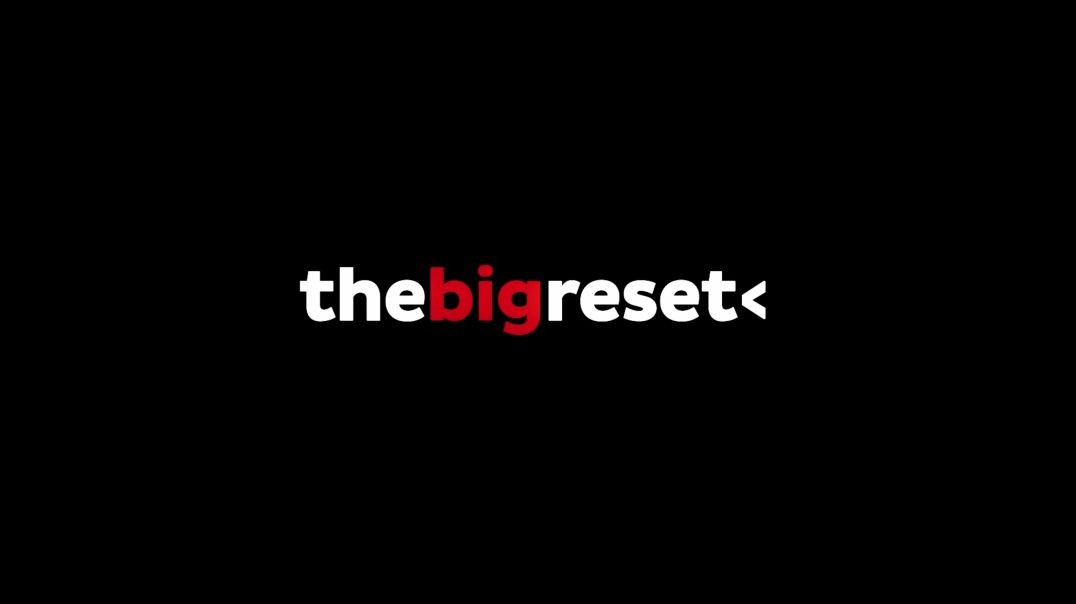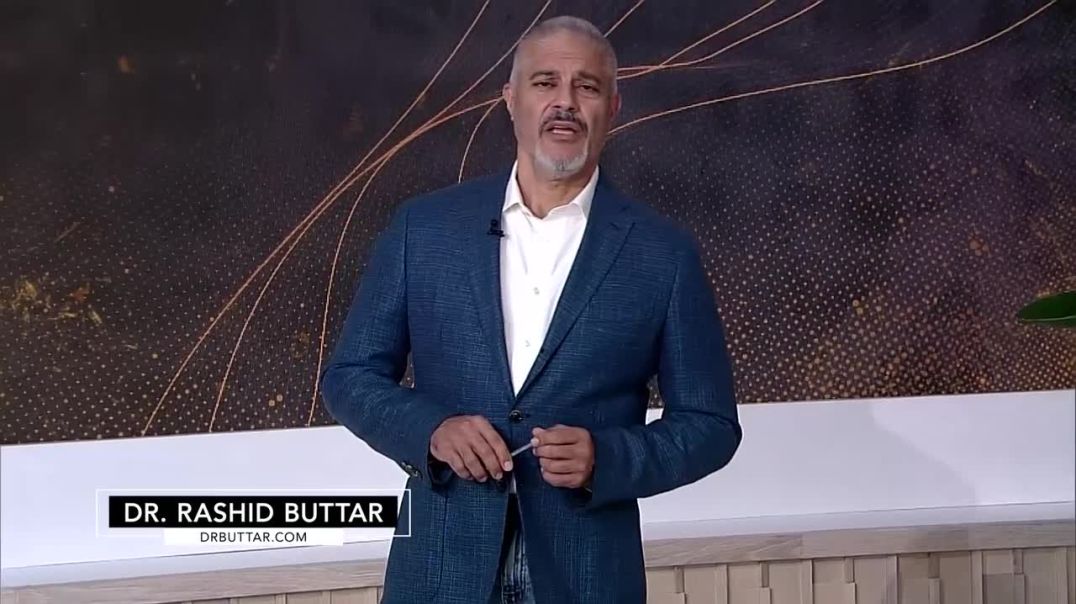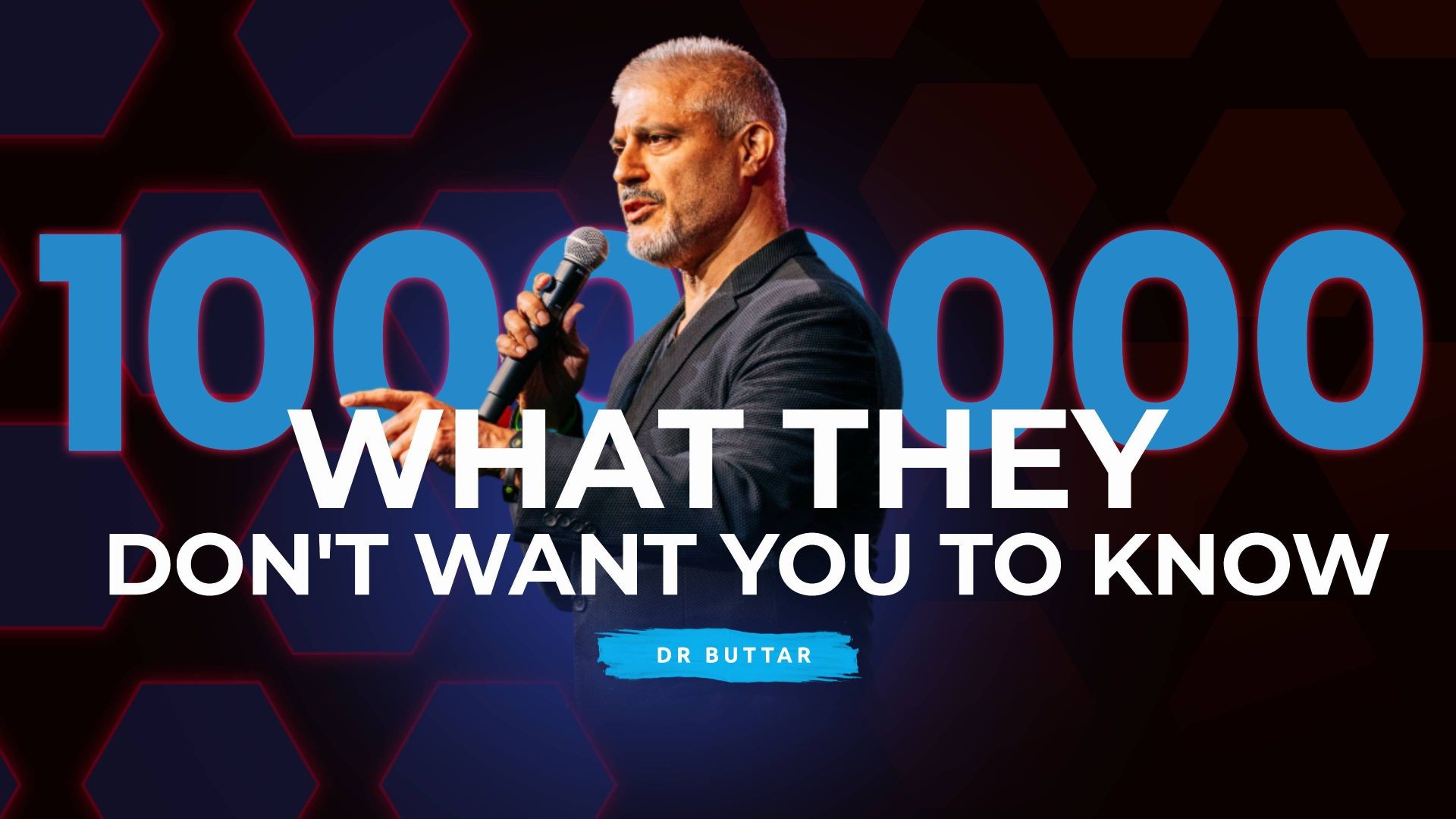A 2003 study that is becoming increasingly more relevant every year found magnesium supplements significantly decreased illicit opioid use among methadone patients also abusing cocaine. This suggests magnesium's potential for addressing the opioid crisis by enhancing opioid treatment effectiveness and reducing destructive addictive behaviors.
The United States is in the throes of an unprecedented opioid overdose epidemic, with over 100,000 deaths in 2021 alone.[1] Yet there is a glimmer of hope from a surprising natural source - the essential mineral magnesium. A pioneering 2003 study found magnesium supplements significantly reduced illicit opioid use in methadone patients also abusing cocaine.[2]
The 12-week Yale trial provided methadone patients either magnesium or placebo along with counseling. While cocaine use remained high in both groups, those receiving magnesium had half the rate of positive opioid urine screens.[3] This disparity was even more pronounced in the medication-compliant subgroup, with magnesium patients exhibiting one third the level of illicit opioid use.[4] The researchers posit magnesium's opioid modulating effects may enhance methadone's effectiveness and help curb destructive addictive behaviors.[5]
The magnesium formulation used in this study was magnesium L-aspartate hydrochloride tablets.The daily magnesium dose was titrated up over the first 2 weeks. The first week the dose was 366 mg/day. The second week the dose was 549 mg/day. And weeks 3-12 the dose was 732 mg/day.
The article notes that 732 mg/day was chosen as a conservative dose to minimize side effects, while doses used in some of the promising preclinical animal studies were higher. This suggests there could be potential to study even higher magnesium doses in future human trials. But the specifics of dosing in any follow-up studies are not provided.
Magnesium acts on numerous neurotransmitter systems implicated in addiction.[6] It has shown particular promise in animal models for reducing stimulant self-administration and potentiating morphine's pain-relieving properties.[7] Magnesium also alleviates morphine tolerance, dependence and withdrawal[8] - major obstacles in treating opioid addictions. Human trials demonstrate magnesium lessens opioid cravings and improves mood among withdrawal patients.[9] For more research on the relevance of magnesium to the prevention and treatment of over two hundred conditions, consult the Greenmedinfo.com magnesium database.
The clear signal of efficacy amid methodological limitations compels further research. Larger sample sizes can clarify true magnesium differences and explore individual variability in treatment response. Higher doses may prove even more effective, as the animal literature utilized greater proportional magnesium levels.[10] Lengthier interventions could also determine if opioid use reductions are sustained long-term. Most importantly, expanding populations beyond methadone patients is crucial to gauge real-world applicability.
Nonetheless, these seminal findings reveal magnesium's undiscovered potential for tackling the modern opioid scourge. This safe, affordable mineral with known health benefits could offer new hope to devastated individuals, families and communities. Nutritional approaches like magnesium present low risks with high accessibility compared to conventional treatments.[11] Where pharmaceutical efforts carry profoundly dangerous side effects, simple magnesium supplementation may provide a lifeline for many trapped in addiction's abyss.
The devastating opioid crisis demands we find alternatives to pharmaceutical-focused pain-management approaches. [12] The use of time-tested, naturally-based, and safe and effective interventions is becoming all the more imperative.
Magnesium could offer a missing piece to turn the tide against the burgeoning opioid crisis. And that glimmer of hope shines brighter than any dollar sign.
References
1. CDC National Center for Health Statistics, 2021 Provisional Overdose Death Counts. https://www.cdc.gov/nchs/nvss/vsrr/drug-overdose-data.htm
2. Margolin et al., Journal of Addictive Diseases, 2003.
3. Ibid, p. 55.
4. Ibid, p. 56.
5. Ibid, p. 59.
6. Ibid, p. 51-52.
7. Ibid, p. 51.
8. Kroin et al., Anesthesia & Analgesia, 2000.
9. Liu et al., Journal of Psychiatric Research, 2018.
10. Margolin et al., 2003, p. 59.
11. Brown et al., Journal of Alternative and Complementary Medicine, 2011.
12. Wakeman, Psychiatric Times, 2021.















